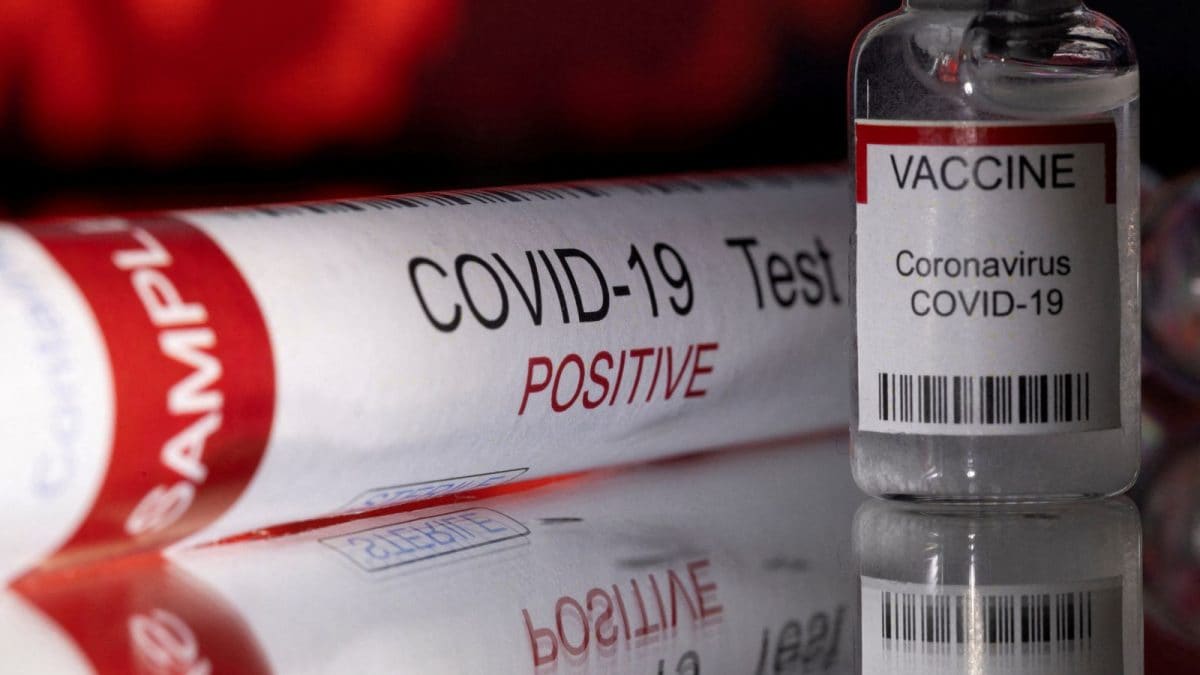Last Updated:
The XFG Stratus Covid-19 strain is rapidly overtaking NB.1.8.1 Nimbus in the US, causing mild symptoms but raising concerns.

Stratus is a hybrid of two Omicron sub-strains.
A highly transmissible Covid-19 strain, known as XFG or informally as “Stratus”, is fueling a new wave of infections across the United States. The variant’s ability to evade immune system defenses has allowed it to quickly overtake NB.1.8.1 (Nimbus) as the nation’s dominant strain. Its surge comes as the US enters the fall respiratory virus season- a period that typically sees increases in flu, RSV and common cold cases.
Stratus Strain Spreading Rapidly
Recommended Stories
As of September 20, the US Centers for Disease Control and Prevention (CDC) classified Covid activity as “moderate” but 19 states including Nevada, Utah, Connecticut and Delaware are reporting “high” or “very high” levels of the virus. Stratus, a hybrid of two Omicron sub-strains, was first detected in Southeast Asia in January before spreading to the US in the spring. By June, it had been found in 38 countries, prompting the World Health Organization to list it as a “variant under monitoring.”
Stratus Symptoms And Risks
Doctors say Stratus often causes hoarseness and scratchy or sore throats, symptoms that can be mistaken for seasonal allergies. Unlike Nimbus, which became infamous this summer for its “razor blade throat” symptom, most Stratus cases so far are described as mild especially among the vaccinated. But experts warn that Stratus carries unique mutations that enhance its ability to bypass antibodies from previous infections and vaccinations, making it harder to contain.
Public health officials continue to stress basic precautions: stay home if sick to avoid spreading illness, practice good hygiene, improve indoor air ventilation and stay up to date on vaccines.
Earlier this month, the CDC’s Advisory Committee on Immunization Practices (ACIP) recommended the updated 2025–2026 Covid vaccines for all Americans aged six months and older, in consultation with healthcare providers.
While most cases remain non-severe, the variant’s rapid spread during the start of the respiratory illness season has reignited concerns about strain on hospitals and renewed calls for vaccination.
Washington D.C., United States of America (USA)
October 02, 2025, 19:30 IST
Loading comments…
Read More



